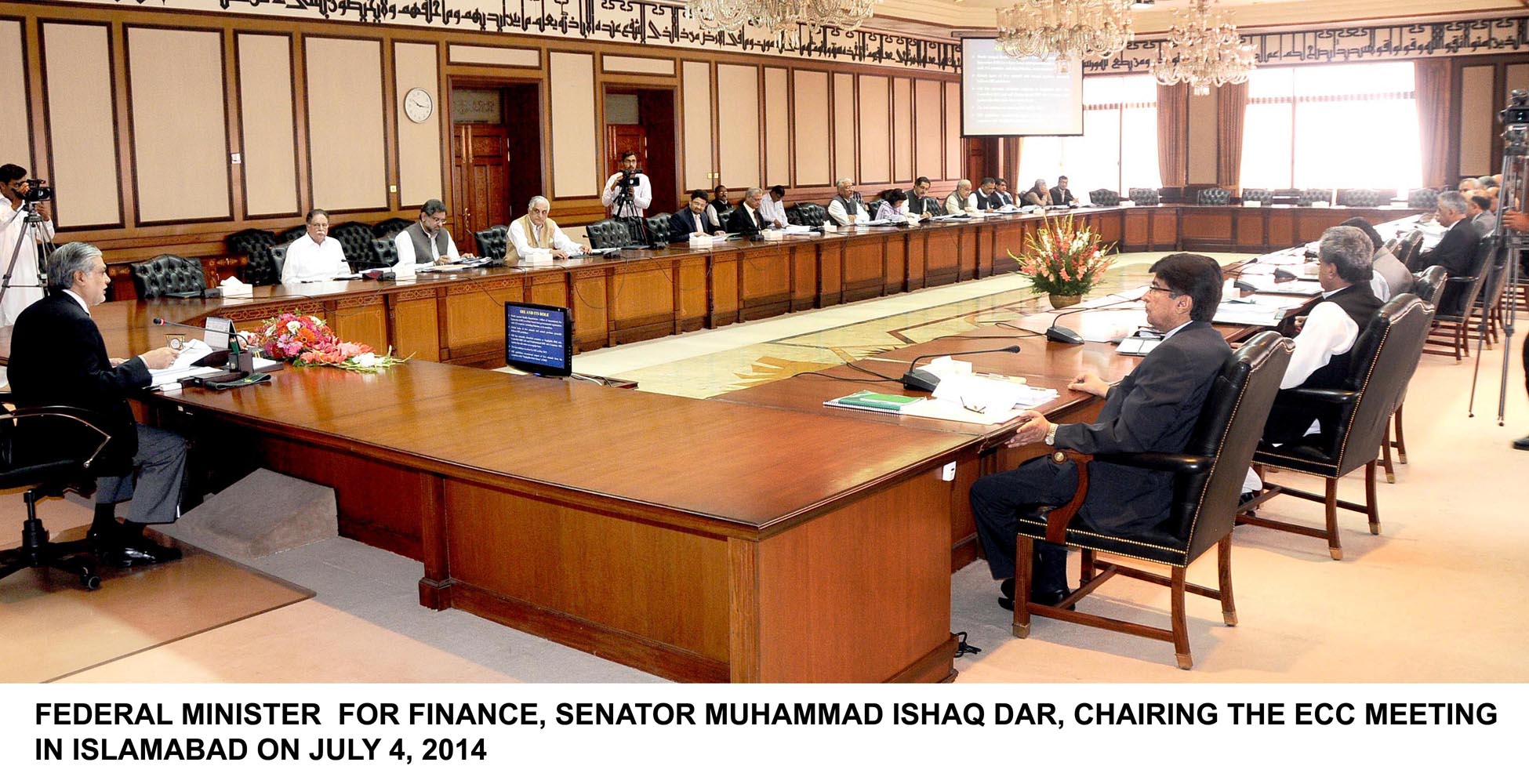
The move to import LNG for CNG sector is aimed at saving the CNG industry that has invested Rs450 billion but is on the brink of financial collapse, especially in Punjab.
The Economic Coordination Committee (ECC) of the Cabinet, which met on Thursday, directed the ministries concerned to work out the price modalities of the LNG being consumed in vehicles, as the summary put forth by the Ministry of Petroleum and Natural Resources did not have the price mechanism or its financial implications to the national exchequer, said officials who attended the meeting.
A special committee comprising secretary finance, secretary petroleum and chairman FBR for this purpose has also been constituted.
Pakistan hopes to receive the first supply of LNG in March 2015, though it has not yet finalised a supplier.
In the first year it is expecting 200mmcdf per day of LNG supplies, which is expected to double in the second year.
At present, about 3.7 million vehicles are equipped with CNG kits, but the government is unable to meet the rising demand from domestic and industrial sectors – supplies gas only 72 hours a week.
The ministry of petroleum had sought fiscal incentives, including exempting imported LNG from sales tax and gas infrastructure development cess (GIDC) to make it affordable and keep a 30% difference between prices of petrol and CNG.
Currently, all bulk buyers of natural gas are paying GIDC at the rate of Rs300 per million British thermal units (mmbtu) and 17% sales tax.
LPG
The ECC rejected petroleum ministry's request to regulate LPG production and distribution policy.
Instead, it advised that the matter should be raised in the Council of Common Interests headed by PM Nawaz Sharif under Article 154.
Regulation of LPG means locally produced gas would not be consumed in vehicles and industries. Accordingly, its fuel stations, as well as industry, will have to resort to imported gas.
ECC Chairman and Finance Minister Ishaq Dar advised the ministry of textile, which asked for priority in gas and electricity load management, to discuss the issues mutually and only approach the ECC with a finalised proposal.
COMMENTS (1)
Comments are moderated and generally will be posted if they are on-topic and not abusive.
For more information, please see our Comments FAQ

















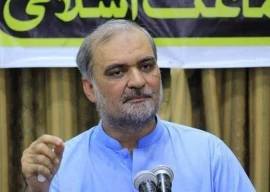

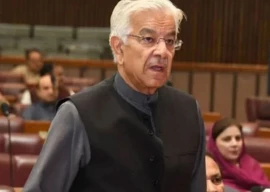
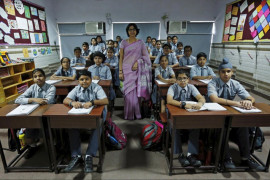
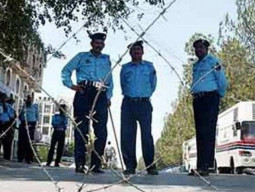










1714024018-0/ModiLara-(1)1714024018-0-270x192.webp)



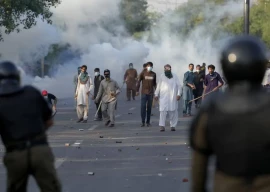






Ishaq Dar and his sons will make millions out of this.